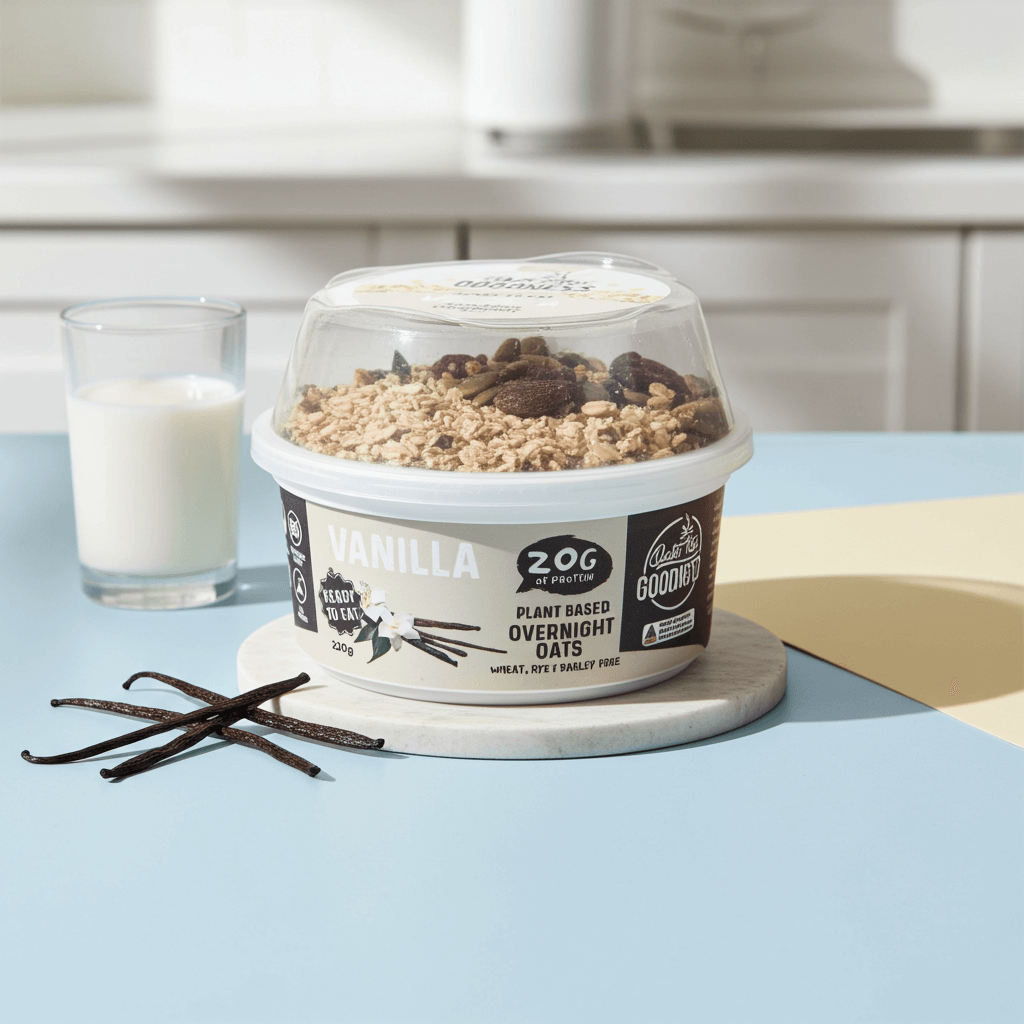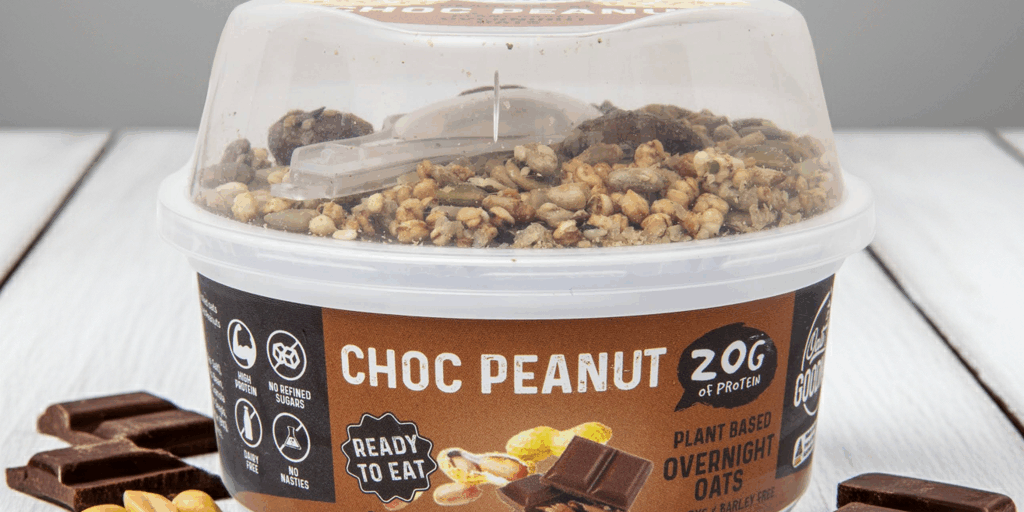If you’re managing high cholesterol levels, incorporating oat-based meals into your diet is a simple and effective strategy. Oats, rich in nutrients, have been shown in numerous studies to lower LDL cholesterol levels, a key factor in reducing the risk of cardiovascular diseases and improving overall lipid profiles.
However, why can oats and cholesterol related? how can oats be a food that can lower cholesterol levels and positively influence your lipid profile? How can oats be processed to significantly benefit people with high cholesterol? Let’s explore how oats can play a vital role in cholesterol management and why they are essential to a heart-healthy diet.
What is cholesterol?
Cholesterol is a waxy, fat-like substance found in every body cell. It must produce hormones, vitamin D, and bile acids that help digest fat. However, too much cholesterol can build up in the arteries, leading to a condition known as atherosclerosis, which can cause heart disease, stroke, and other serious health issues.
It is crucial to manage cholesterol levels before they lead to serious health issues. One effective way to do this is by taking care of your body and consuming foods like oats, which have been proven to lower cholesterol levels and improve triglyceride levels, thereby reducing the risk of heart disease.
Types of cholesterol
Cholesterol comes in two main types: LDL (low-density lipoprotein) and HDL (high-density lipoprotein). LDL is often referred to as ‘bad’ cholesterol because it can lead to plaque buildup in the arteries, increasing the risk of heart disease. On the other hand, HDL is known as ‘good’ cholesterol because it helps remove excess cholesterol from the bloodstream, reducing the risk of heart problems. By managing these two types of cholesterol, you can significantly reduce your risk of heart disease.
Maintaining a balance between these two types is crucial for heart health. Elevated LDL levels and low HDL levels are major risk factors for cardiovascular diseases, so it’s essential to take steps to manage both types of cholesterol.
What’s the recommended cholesterol range?
Adults’ ideal total cholesterol level is below 200 milligrams per deciliter (mg/dL). The recommended level for LDL cholesterol is below 100 mg/dL, though 100–129 mg/dL levels are acceptable for individuals without heart disease. As for HDL, higher levels are better, with 60 mg/dL or above being ideal. Maintaining these levels through healthy eating and lifestyle changes, including the consumption of oatmeal, can help reduce the risk of heart disease.
Why can oats reduce cholesterol?
Humans need at least 25g of fibre to nourish their bodies, but not all foods are as high in fibre as oats, particularly oat bran, which is known for its cholesterol-lowering properties. Oats have been shown to lower LDL cholesterol levels due to their high soluble fibre content, especially beta-glucan. This fibre binds to cholesterol particles in the digestive system and helps remove them from the body before they enter the bloodstream. Consuming oats more often will be great for lowering cholesterol levels and reducing the risk of cardiovascular disease.
How does it work?
The key mechanism behind oats’ ability to reduce cholesterol lies in the soluble fibre known as beta-glucan. When beta-glucan is consumed, it forms a viscous gel in the gut. This gel binds with cholesterol molecules, preventing them from being absorbed into the bloodstream.
As a result, cholesterol levels in the blood are lowered, reducing the risk of plaque buildup in the arteries. Additionally, beta-glucan has been shown to improve the body’s ability to metabolise fats and regulate blood sugar, further supporting overall heart health.
But not all oats are equal

While all oats benefit heart health, not all are created equal. Steel-cut oats, for example, are minimally processed and retain more natural fibre and nutrients than instant oats, which are more refined. Instant oats often have lower fibre content and can be higher in added sugars and preservatives, which may negatively affect blood cholesterol levels and lipid profiles.
However, to get the most benefits for cholesterol reduction, it’s best to choose whole oats, like steel-cut or rolled oats, which provide the most fibre and nutrients and support healthy lipid profiles.
How much do you need?
Everyone has different fibre and vitamin needs, but experts recommend consuming at least 3 grams of soluble fibre from oats daily to lower cholesterol effectively. You can meet this with a serving of Oat My Goodness as a breakfast that is rich in fibre and has 20g of protein. Including oats as part of your daily breakfast or as a snack can help you get the fibre needed to support heart health and lower LDL cholesterol levels.
Frequently Asked Questions
Are raw oats good for high cholesterol?
Yes, raw oats can be beneficial for managing high cholesterol and improving your lipid profile. They are an excellent source of soluble fibre, particularly beta-glucan, which helps lower LDL cholesterol and improve the overall lipid profile. However, raw oats may be harder to digest than cooked oats, and some people may experience digestive issues such as bloating or gas. It’s important to listen to your body and adjust your oat consumption accordingly.
What is a good breakfast for cholesterol?
A good breakfast for cholesterol should include heart-healthy foods rich in fibre, healthy fats, protein, and plant sterols. Oats are an excellent choice, as they are high in soluble fibre that can help lower LDL cholesterol and support healthy blood cholesterol levels, including enhancing HDL cholesterol.
How do I drop my cholesterol fast?
To drop cholesterol quickly, focus on eating a heart-healthy diet that includes oats, fruits, vegetables, nuts, and fatty fish (like salmon) rich in omega-3 fatty acids. Avoid foods high in saturated and trans fats, such as fried foods and processed snacks. Regular exercise, maintaining a healthy weight, and quitting smoking can significantly help lower cholesterol levels.
Conclusion
If you’ve only thought of oats as a dieting food, you may be surprised to learn that they can do more. Oats are a simple and effective way to lower LDL cholesterol and support overall heart health, making it easier than you might think to take control of your health.
Looking for any recommendations for high-quality oat-based cereals? You can incorporate oat-based cereals into your diet for better heart health. Oat My Goodness provides a sustainable and convenient meal on the go, perfect for busy mums, shift workers, health-conscious individuals, kids, and tradies alike. All the products are wheat, rye, and barley free, making them suitable for those with dietary restrictions, especially those seeking oat-based options. Packed with 20 grams of protein and fibre, they help you meet your nutritional needs without the added nasties like preservatives, seed oils, or refined sugars







